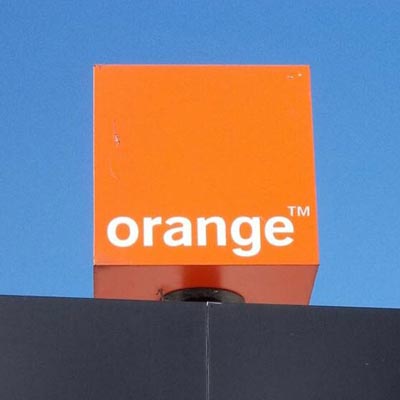The first thing to look at is the Orange Group's efforts to diversify its activities, particularly through its development in new areas such as e-health and banking. These activities can diversify the company's sources of revenue.
To follow major events in real time that affect the Orange Group you may consult various publications and important data through the company’s official website. There you will be able to find the latest financial results of the company, information on its management and administration, RSE reports and the annual general report among other things. Of course other information such as news and events that impact the company and its share price can also be found from other sources such as specialised stock market websites.










